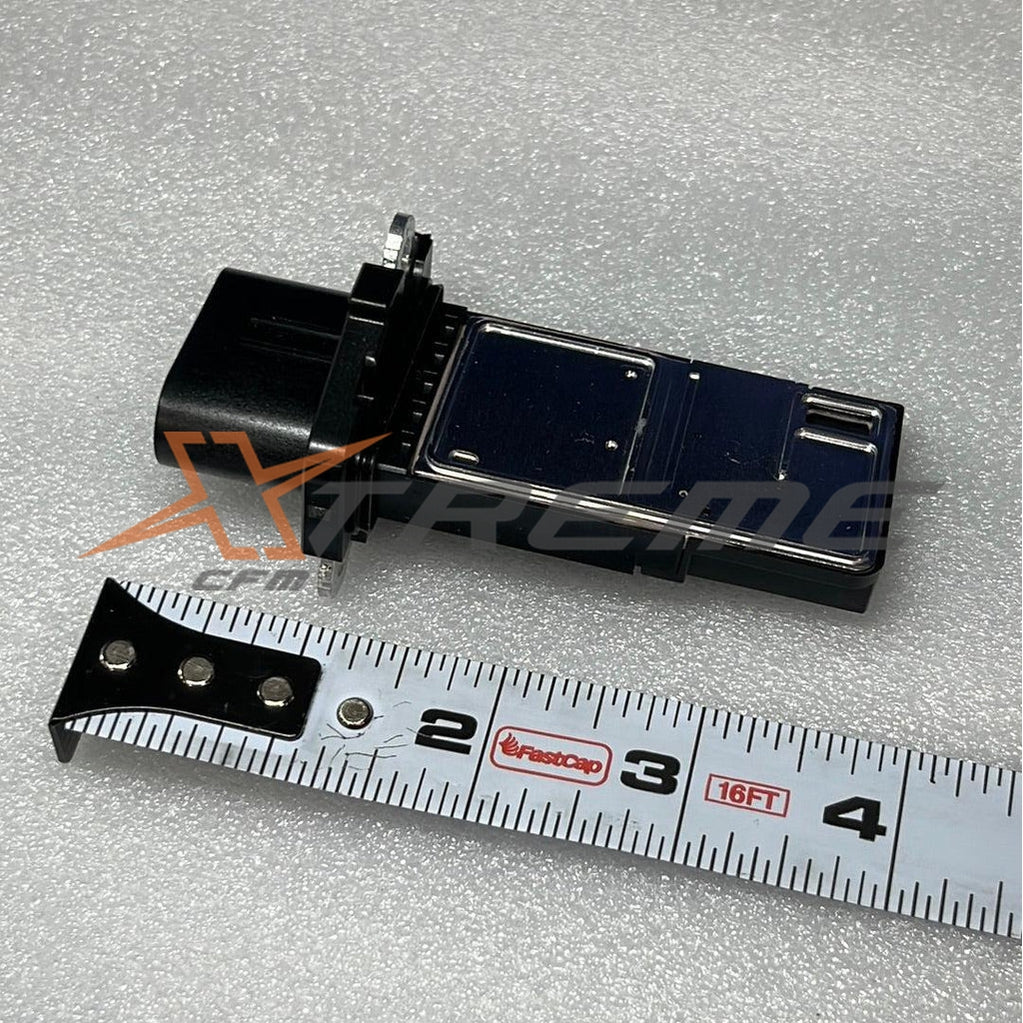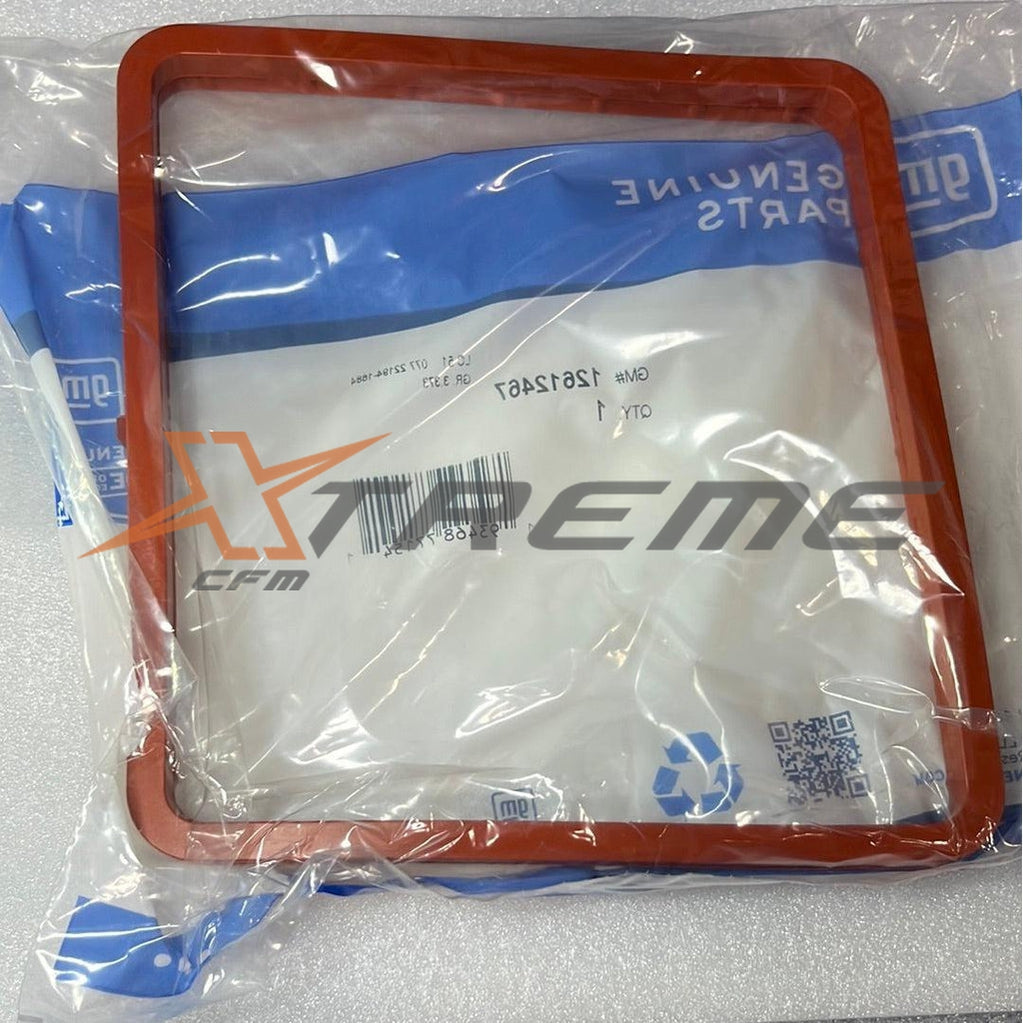
Seal the Deal - Automotive Gaskets
Automotive gaskets are an essential component of any engine. They are designed to seal the various parts of the engine to prevent leakage of fluids and gases, as well as to maintain proper pressure and temperature levels. Gaskets can be found throughout the engine, including in the intercooler, supercharger, cylinder head, intake manifold, and exhaust manifold. Over time, these gaskets can become worn and damaged, leading to leaks and reduced performance. In this article, we will explore the importance of inspecting and replacing automotive gaskets, including intercooler, supercharger, and other gaskets.
1. Prevent Leaks
One of the main reasons why it is important to inspect and replace automotive gaskets is to prevent leaks. Leaks can occur when gaskets become worn or damaged, allowing fluids or gases to escape from their intended location. For example, if the intercooler gasket fails, it can result in a loss of boost pressure, which will reduce the engine's power and efficiency. Similarly, if the supercharger gasket fails, it can allow oil to leak into the intake manifold, which can result in engine damage.
2. Maintain Proper Pressure and Temperature Levels
Gaskets are also designed to maintain proper pressure and temperature levels within the engine. For example, the cylinder head gasket is responsible for sealing the combustion chamber and maintaining the proper compression ratio. If the cylinder head gasket fails, it can result in a loss of compression, which will reduce the engine's power and efficiency. Additionally, if the intake manifold gasket fails, it can result in a vacuum leak, which can cause the engine to run lean and overheat.
3. Improve Engine Performance
Replacing worn or damaged gaskets can also improve engine performance. When gaskets fail, they can cause a variety of problems that can reduce the engine's power and efficiency. For example, a failing intercooler gasket can cause a loss of boost pressure, which will reduce the engine's power output. Similarly, a failing exhaust manifold gasket can cause exhaust leaks, which will reduce the engine's power and efficiency.
4. Reduce Emissions
Properly functioning gaskets can also help reduce emissions. Gaskets help to maintain proper pressure and temperature levels within the engine, which can help to reduce emissions by ensuring that the engine is running efficiently. For example, a failing intake manifold gasket can cause a vacuum leak, which can cause the engine to run lean and produce more emissions.
5. Increase Longevity
Replacing worn or damaged gaskets can also increase the longevity of the engine. When gaskets fail, they can cause a variety of problems that can lead to engine damage. For example, a failing supercharger gasket can allow oil to leak into the intake manifold, which can result in engine damage. Similarly, a failing cylinder head gasket can cause a loss of compression, which can result in engine damage. Even something on a non-critical system like the intercooler can have large effects. Failing intercooler inlet gaskets can leak supercharger coolant and cause higher IATs which lead to reduced performance.
6. Save Money in the Long Run
Inspecting and replacing automotive gaskets can also save you money in the long run. When gaskets fail, they can cause a variety of problems that can be expensive to repair. For example, a failing cylinder head gasket can cause engine damage, which can be expensive to repair. Similarly, a failing supercharger gasket can cause oil to leak into the intake manifold, which can result in engine damage.
The skinny...
Inspecting and replacing automotive gaskets, including intercooler, supercharger, and other gaskets, is essential to maintaining the proper operation and performance of the engine. By preventing leaks, maintaining proper pressure and temperature levels, improving engine performance, reducing emissions, increasing longevity, and saving money in the long run, replacing worn or damaged gaskets can be a wise investment for any vehicle owner.
- Choosing a selection results in a full page refresh.







